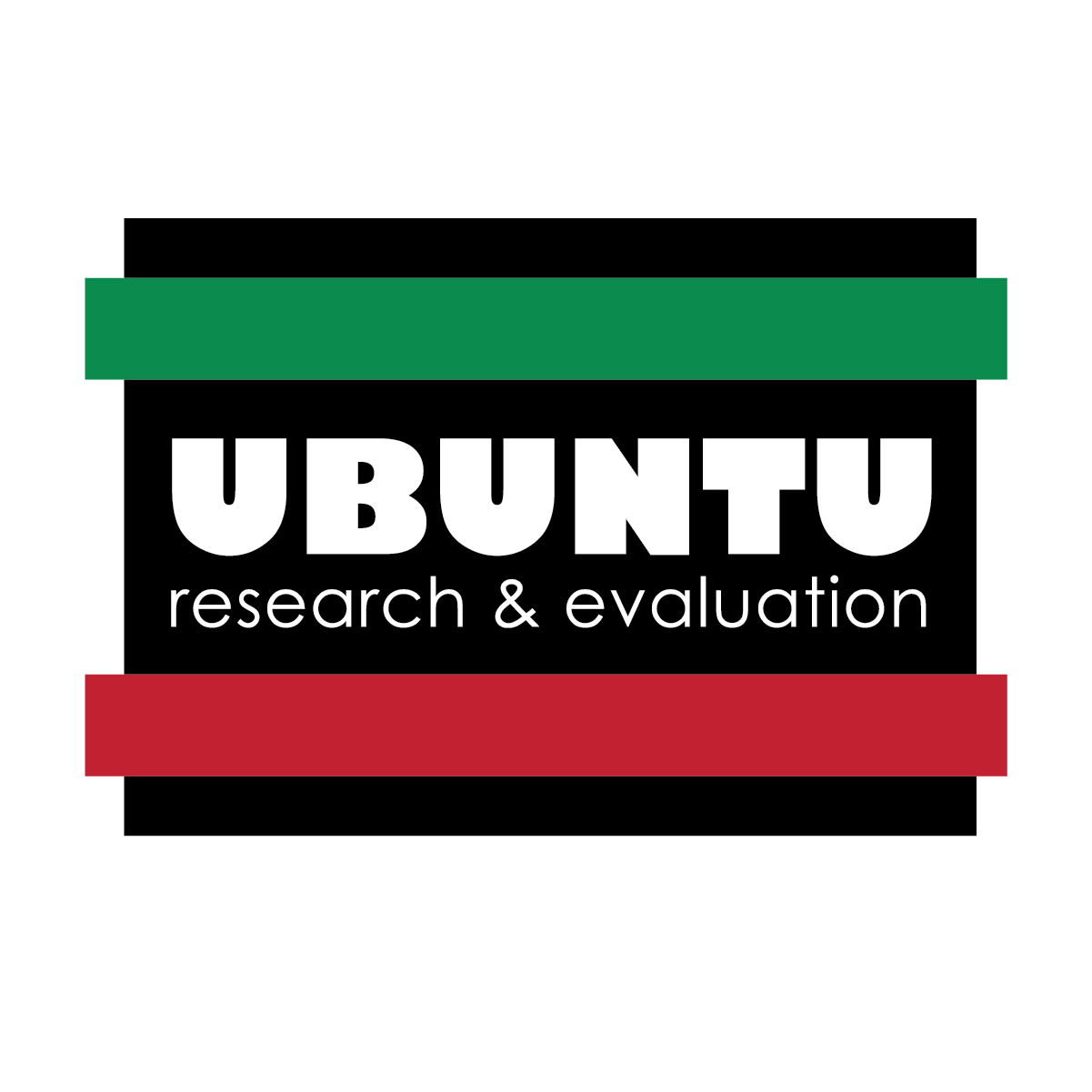“They ask me what I do and who I do it for.”
These song lyrics always pop into my head every time I hear the infamous question, Why did you come back here?
In 2013 I left to go to Greensboro, NC to attend North Carolina A and T State University. I had just completed my Associates degree at MATC and felt that I needed a change. I had always wanted to attend an HBCU and here was my chance.
A little bit before I left, I attended a scholarship event at a church. One of the speakers had made a comment saying how the community comes together to send young people off to college and the young people never come back. They keep what they learn to themselves and don’t bring what they learned to their community to make it better. In that moment, I didn’t pay the comment any mind. I wasn’t being awarded any money at that time. Then I got to Greensboro and started working in the community. As my graduation approached my thoughts went back to that day.
I decided to return home. I was armed with the feeling of how positive representation of Black People succeeding on a college campus lifted me, armed with the knowledge my black professors imparted upon me, and armed with the advice my black women professors shared with me. I was ready to make change in my community.
I wanted to serve as representation in the community that helped to shape me, especially for young people. The education I received at my HBCU was liberating for me. It taught me to identify systems of oppression and I wanted to go home and teach my communities how to do the same. I want to help uncover what the history books don’t talk about, the ones the history books skip over, and the ones who seem problematic under the lens of white supremacy and want to keep it intact. I knew that if I paid attention to those who came before me, ancestors and elders, that I’d find a path. I found that path. I live in it through Ubuntu and any space that I am in.
I’ve been home for almost three years now. In that time my mom and sister have relocated to Georgia. Now the question varies between why did I come back or why am I still here. I reply telling them how I love my city and share the ways I advocate for change. There are many good things happening in Milwaukee and yet still so much potential. Yes, there are systems of oppression at work here and the results of those systems are evident. Those systems are in place in other places too. To me, that just means there is work to do here.
So they ask me what I do and who I do it for. I do it for the people in my city. The IT, is educate, agitate and help to eradicate systems of oppression. Why are you still here?
